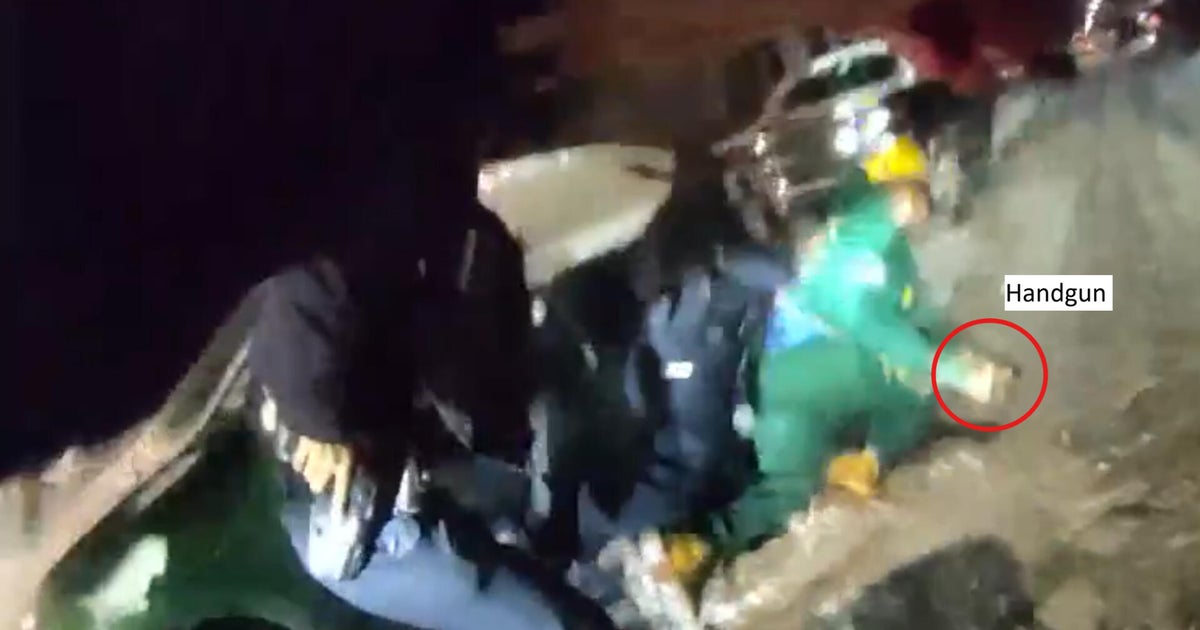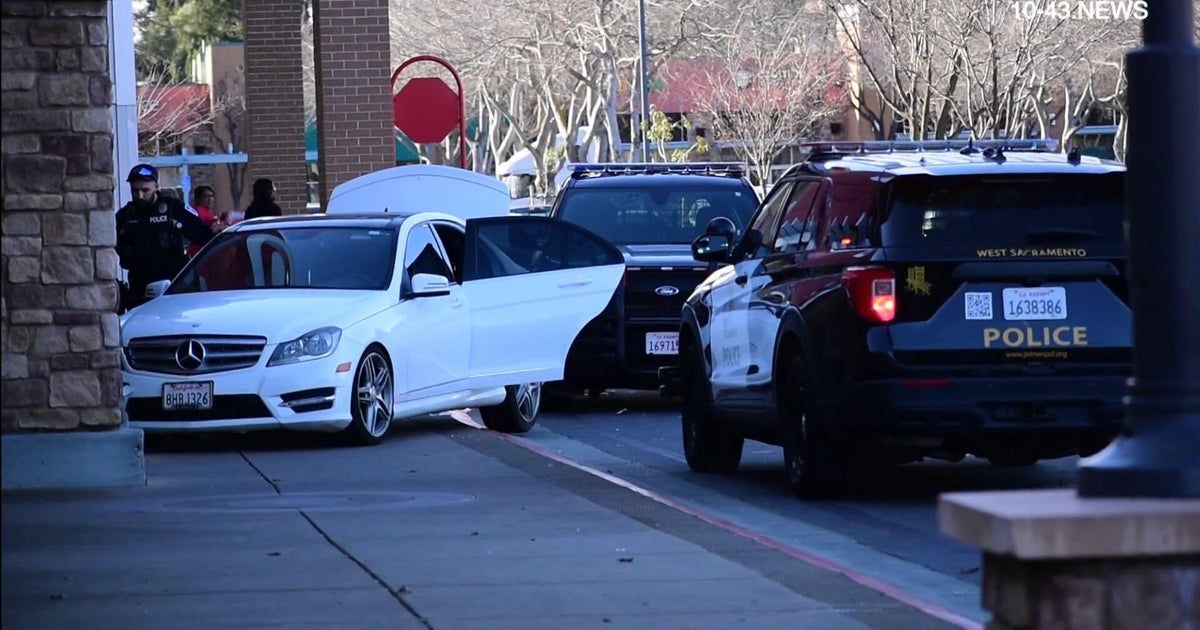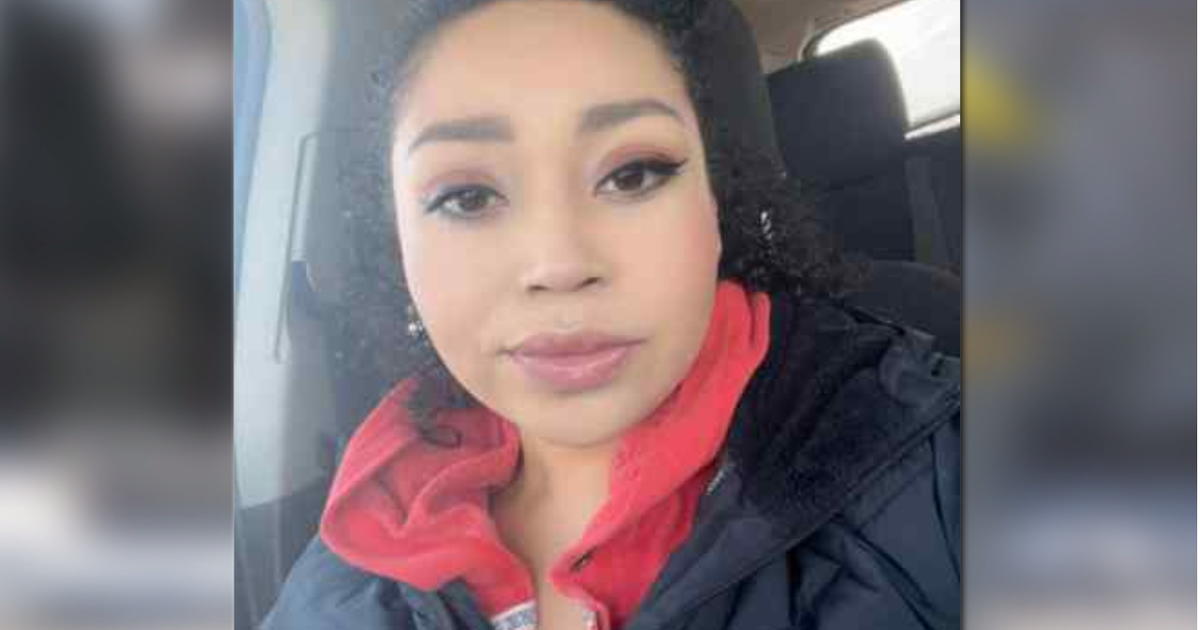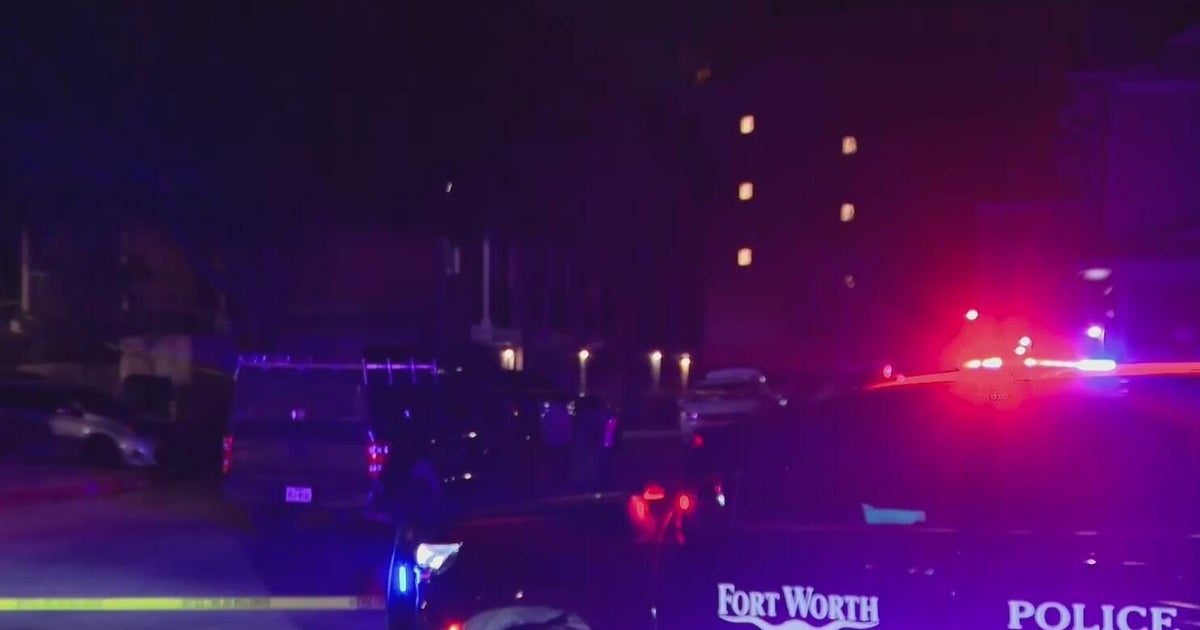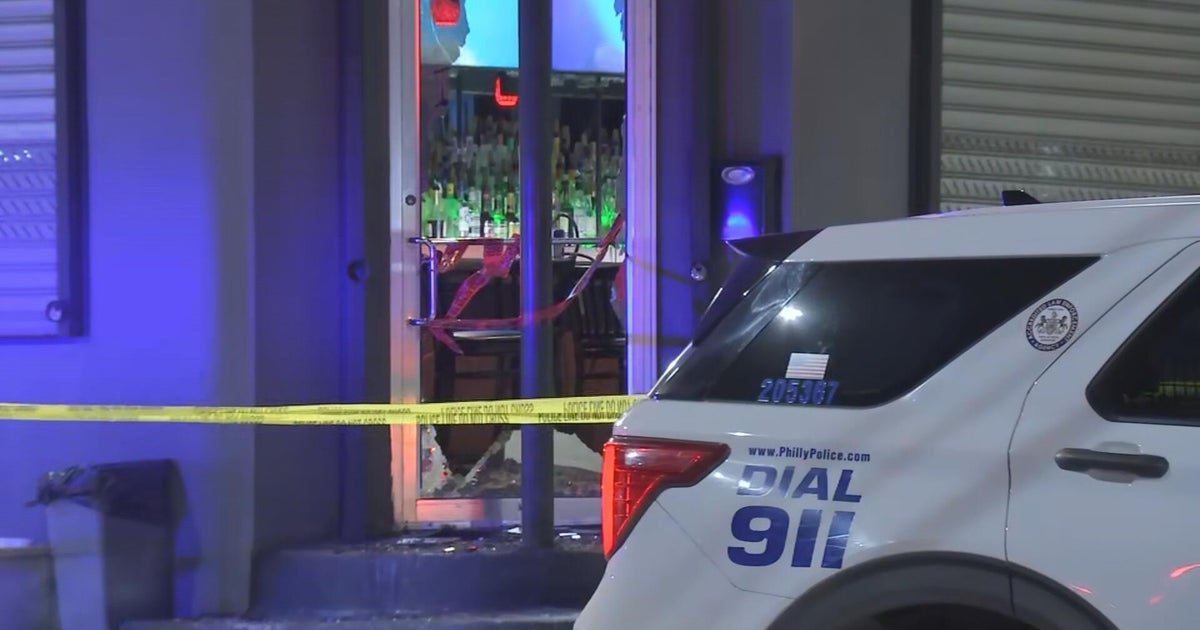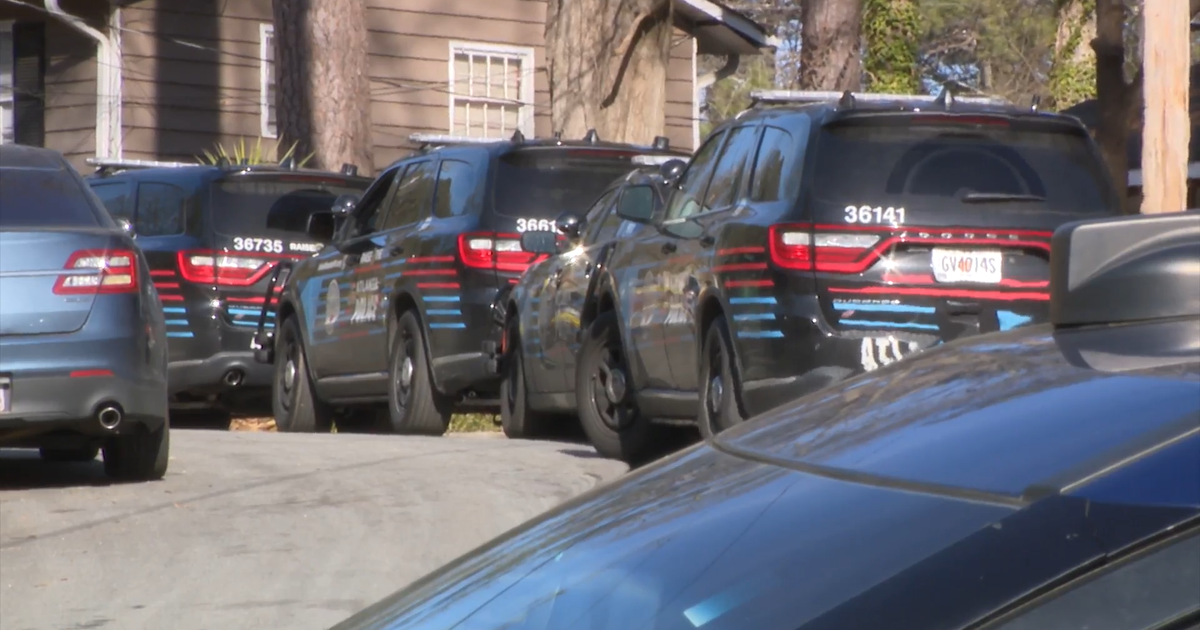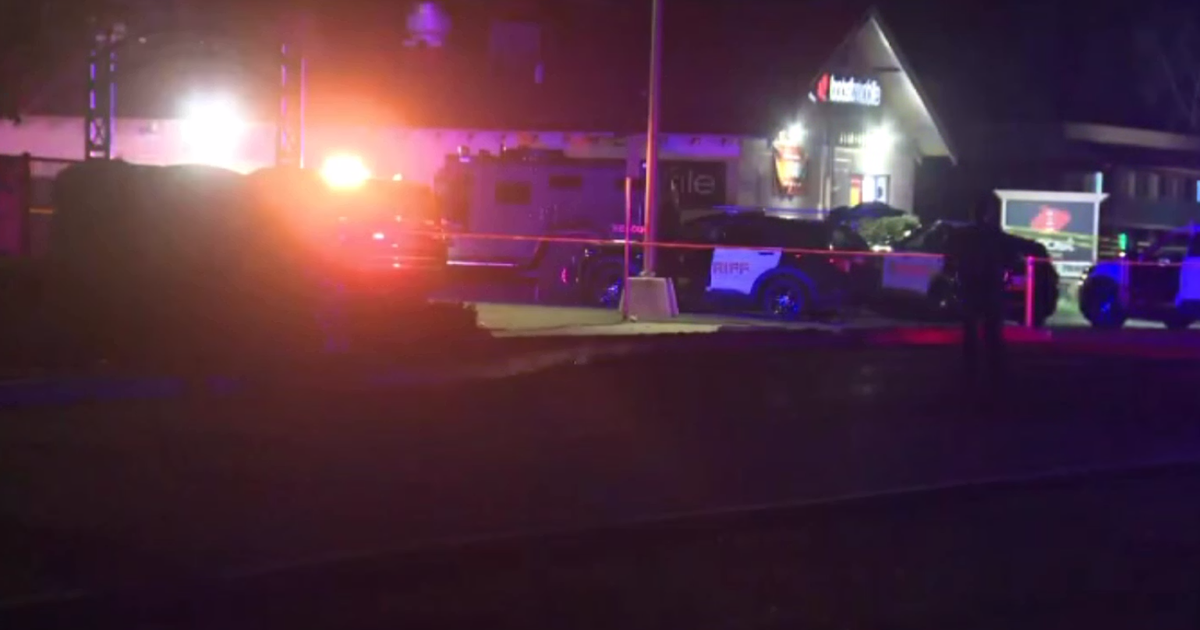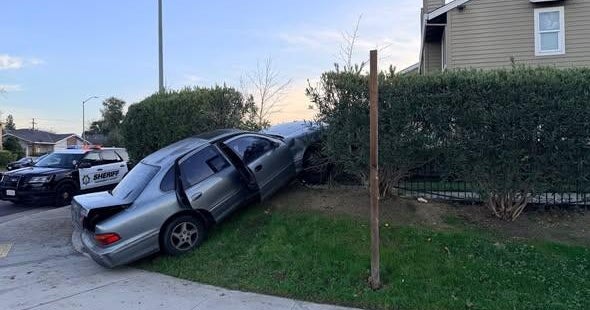Getting Answers: What Do Rastafarians Practice?
SACRAMENTO (CBS13) – Two deputies were shot and a suspect left dead following a disturbance at a Rastafarian Church cannabis grow site.
It has left many wondering what kind of church that is.
Reverend Eddy and Heidi Lepp received a call Tuesday morning from a member who said a crazed man was destroying the plants.
"I immediately called 911 saying, 'Hey, there's a man with a gun, this is a dangerous situation. Be very careful,'" said Rev. Eddy Lepp who runs the Sugarleaf Rastafarian Church in Sacramento with his wife.
Sadly, the service call resulted in gunfire, something the Lepps said isn't what they preach.
"It's so sad to know that those officers were shot defending us and defending our rights and answering our call," Eddy said.
For those who practice Rastafarian faith, cannabis is at the center -- it's the church's sacrament.
"Whether it's tending it, watering it, or nurturing it in any way, is ceremony. That to us is a religious experience," Eddy said.
It's a religion dating back to the early 1900s and a cannabis controversy that has surrounded it since the beginning.
"The church model is our only protection and solution for many of us who truly believe in cannabis as the way we connect with our creator," Heidi said.
The couple feels they were born to lead the church and practice this particular religion.
"There is no hierarchy. Each man is his own pope. Each Rasta man determines his path to his creator," Eddy said.
They practice the five tenets of the church: respect the mother, tell the truth, respect all, hurt none, and love one another.
While recognized as a religion by the federal government, there are plenty of skeptics.
"As Rasta men, we aren't asking for any special favors. We're just asking that we get the same respect that any other religion gets," Eddy said.
Church leaders believe the community should join in and say a prayer for the deputies involved regardless of faith.
"In particularly they'll be in my prayers tonight, you believe me," Eddy said.
The Lepps hope this opens the conversation with law enforcement and how to protect their religious rights.
